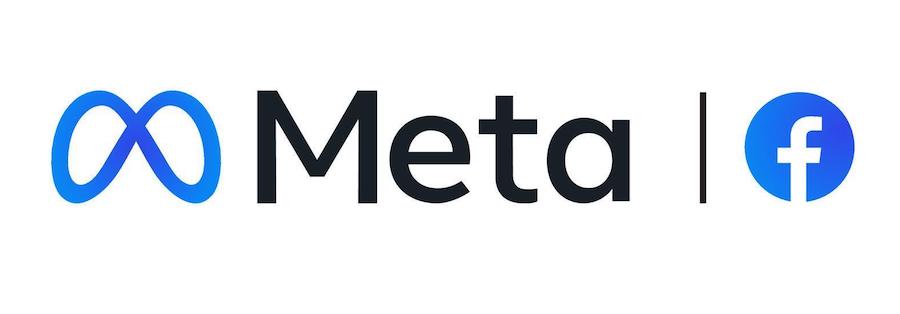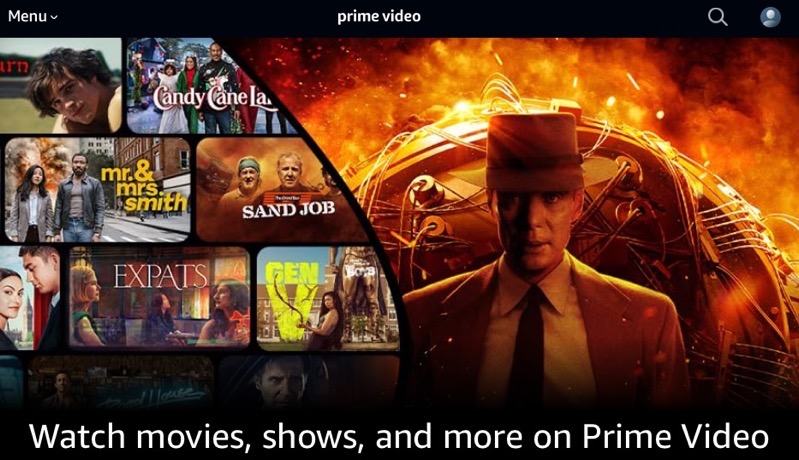
Meta End News Sharing in Canada on Facebook, Instagram
In a move to comply with the Online News Act, Meta, the parent company of Facebook and Instagram, announced that it will be halting news content availability in Canada, starting today. The rollout of these changes will occur gradually over the following weeks, impacting all users in Canada who access these platforms.
Canadian news publishers and broadcasters will see a significant impact from this change, as their news links and content posted on Facebook and Instagram will no longer be accessible to the Canadian audience. Meta’s action is guided by the legislative definitions and directives found in the Online News Act it says.
International news outlets will still have the freedom to post news content. However, their audience in Canada will be left in the dark, as these posts will not be visible to Canadian users.
Ordinary Canadians will also be affected by this policy shift. Individuals will lose the ability to view or share news content, including articles and video content posted by news outlets, on these popular social media platforms.
In contrast, Meta’s international community will experience no changes in their services, if they are accessing the platforms outside of Canada.
This decision comes nearly a year after Meta raised concerns about the implications of the Online News Act. Meta stated that the Act forces them to reassess the feasibility of sharing news content on their platforms. The tech giant maintained that it has been straightforward about its stance, stating that the Act misconstrues the benefits news outlets gain from using Meta’s platforms.
While the legislation assumes Meta reaps undue benefits from the news content shared, Meta argues that it is the news outlets that profit by voluntarily sharing their content on these platforms to grow their audiences. They further noted that users do not primarily visit their platforms for news.
Meta announced that the Act’s drafting process, although still in progress, is unequipped to modify the underlying features of the legislation that are unworkable. As a result, the company decided that the only feasible solution is to discontinue news availability in Canada.
“In order to provide clarity to the millions of Canadians and businesses who use our platforms, we are announcing today that we have begun the process of ending news availability permanently in Canada,” said Rachel Curran, Head of Public Policy, Meta Canada, in a statement to iPhone in Canada.
“For many months, we have been transparent about our concerns with the Online News Act. It is based on the incorrect premise that Meta benefits unfairly from news content shared on our platforms, when the reverse is actually true. News outlets voluntarily share content on Facebook and Instagram to expand their audiences and help their bottom line. In contrast, we know the people using our platforms don’t come to us for news,” added Curran.
“In the future, we hope the Canadian government will recognize the value we already provide the news industry and consider a policy response that upholds the principles of a free and open internet, champions diversity and innovation, and reflects the interests of the entire Canadian media landscape,” she concluded.
“Bill C-18 has been a slow-motion catastrophe and Canadians are the ones paying the price ” said non-profit consumer advocate, OpenMedia Campaigns Director Matt Hatfield, in a statement in response to Meta’s decision.
“Tech platforms told the government for many months that if C-18 passed as written, they’d block news sharing. Now Meta is doing exactly what they said they would. Millions of Canadians will now lose access to a diverse range of news sources, without a single dollar of news funding being produced. That’s why we’re calling on the government to scrap this design of Bill C-18 and replace it with an independent funding model that serves ordinary people in Canada, instead of one that actually blocks our access to news sharing,” added Hatfield.
The Online News Act is backwards policy and it’s going to hurt small publishers that don’t have lobbying power like big media.


